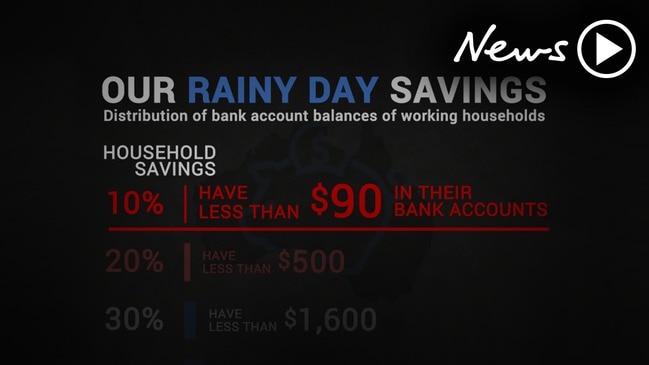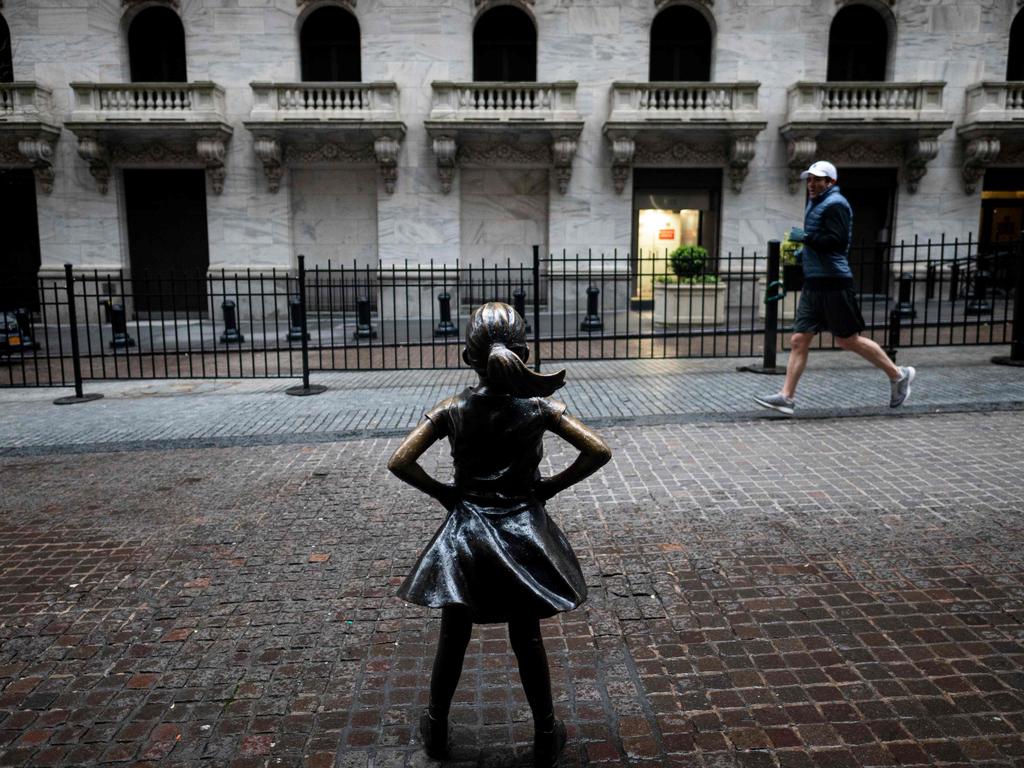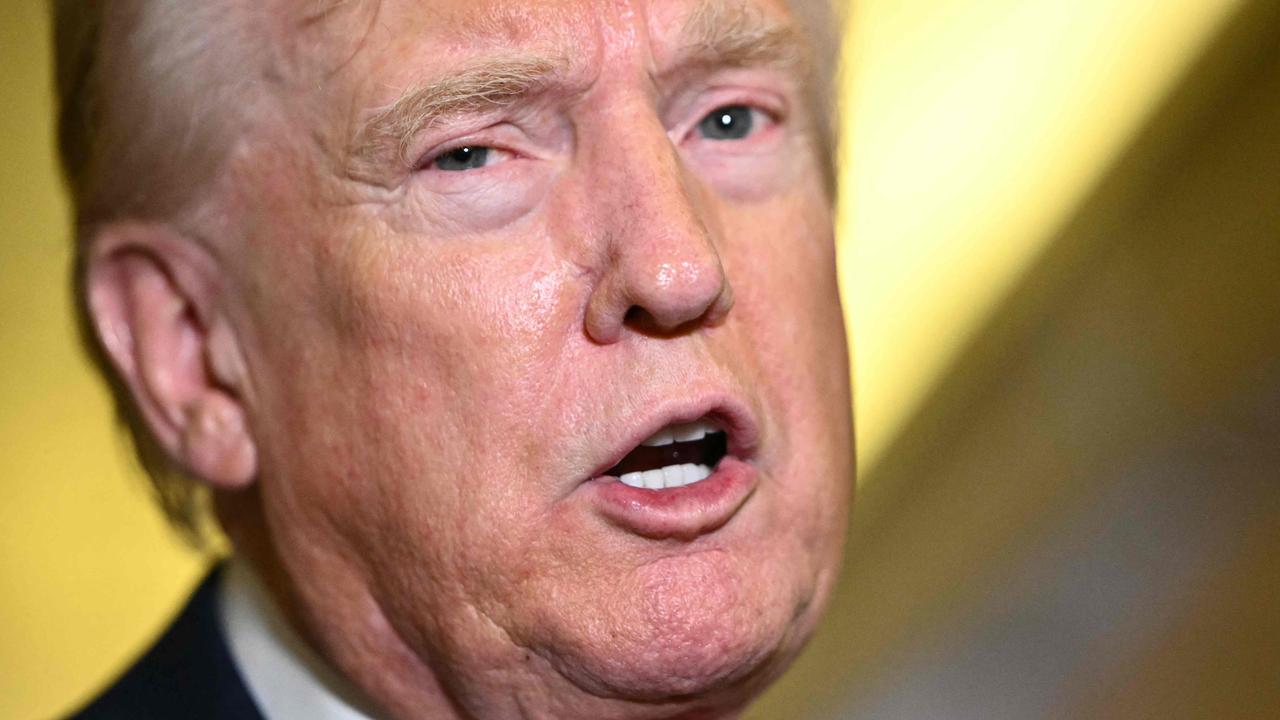Coronavirus economic impact: US unemployment reaches 30 million, European economies contract
One in five Americans could soon be unemployed, while 19 Euro area economies shrunk as statistics show a glimpse of COVID-19 economic chaos.

A glimpse of the economic carnage the coronavirus pandemic has created has been provided by new economic data from the US and Europe.
New US figures showed the number of Americans filing for unemployment benefits soared past 30 million, deepening the crisis that has not been seen since the 1930s.
The figures also increase pressure on US leaders to lift lockdowns that have seen businesses and factory work grind to a halt.
In the last week 3.8 million Americans have applied for benefits, taking the total to 30.3 million since the crisis took hold.
MORE: Follow the latest virus news
It’s roughly one in six US workers or everyone living in New York, Chicago and Texas combined.
Economists are predicting April could be even worse and unemployment could rise to 20 per cent – or one in five people. The Great Depression saw US unemployment peak at 25 per cent.


Meanwhile in Europe, dire economic data from the Euro area economy – which covers 19 countries that use the currency – showed it shrank by 3.8 per cent in the first quarter of the year.
The fall was the biggest since 1995 – when eurozone statistics began.
Across the continent more than 130,000 people died from COVID-19 and entire countries were forced into lockdown leaving everything from flowers to rot in the fields, restaurants and cafes to sit empty and manufacturing to grind to a halt.
Germany, the eurozone’s strongest nation, is predicting it’s economy will shrink 6.3 per cent this year. France’s economy has shrunk 5.8 per cent in the first quarter in its worst figure since 1949. Spain’s contracted 5.2 per cent as the nation was ordered to stay inside.
Economists at High Frequency Economics described it as the “saddest day for the global economy we have ever seen” in a report.
“The statistical offices of the economies we watch pumped out 19 economic reports overnight. They revealed historic declines of activity and surging unemployment on a scale we have never seen before. We are sad.”


The flood of dire economic news comes as the World Health Organisation warns the pandemic is “far from over”. However leaders in many nations are under pressure announce an end to lockdown measures which are beginning to lead to economic and mental health challenges that could take years to correct.
Some countries such as Australia, New Zealand and South Korea have eased restrictions and will slowly begin to return to a “new normal”. Denmark, which was the first country outside Asia to ease its lockdown in mid-April, said two weeks on cases of COVID-19 had not rebounded.
In Britain, Prime Minister Boris Johnson confirmed the country is “passed the peak” of the pandemic but kept lockdown measures in place.
“I know how hard and how stressful it has been to give up even temporarily those ancient and basic freedoms, not seeing friends, not seeing loved ones, working from home, managing the kids, worrying about your job and your firm,” he said.
“So let me say directly also to British business, to the shopkeepers, to the entrepreneurs, to the hospitality sector, to everyone on whom our economy depends: I understand your impatience, I share your anxiety.”
In the US, top disease expert Anthony Fauci warned against rolling back restrictions too quickly after President Trump said he would not extend federal government guidelines past Thursday.
“We will get blips … there’s no doubt,” Dr Fauci told NBC’s “Today” show.
“When you pull back there will be cases, and what we need to do is make sure (states) have in place the capability of identifying, isolating and contact tracing individuals.” Fauci urged states that don’t have that capability to go very slowly.
“You can’t just leap over things and get into a situation where you’re really tempting a rebound. That’s the thing I get concerned about,” he said.



